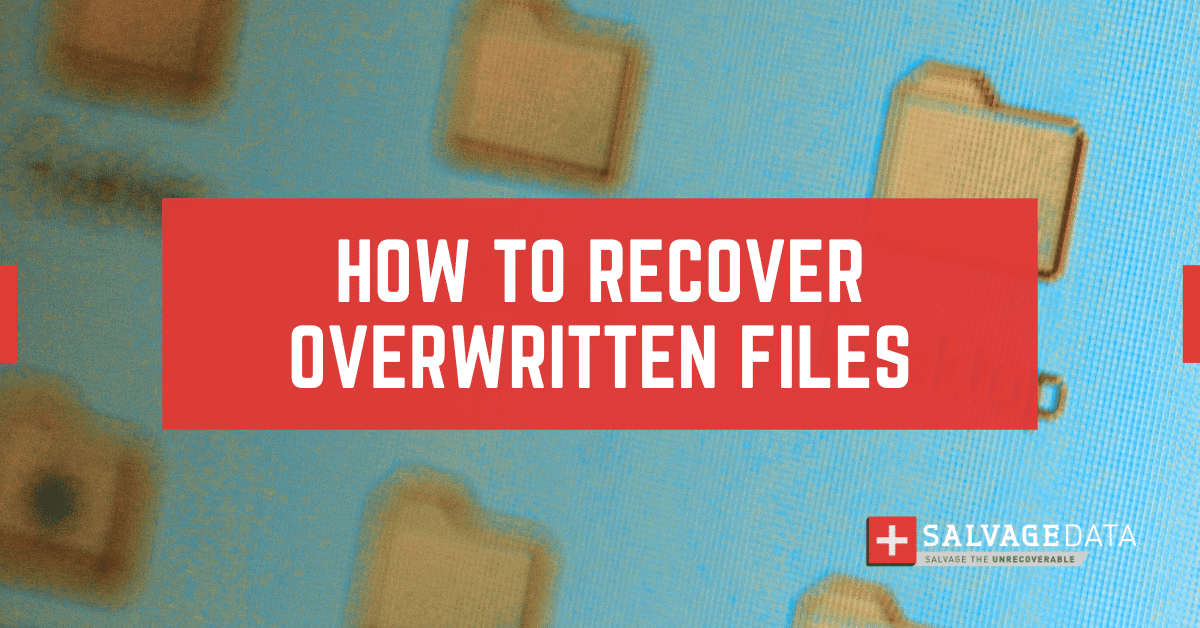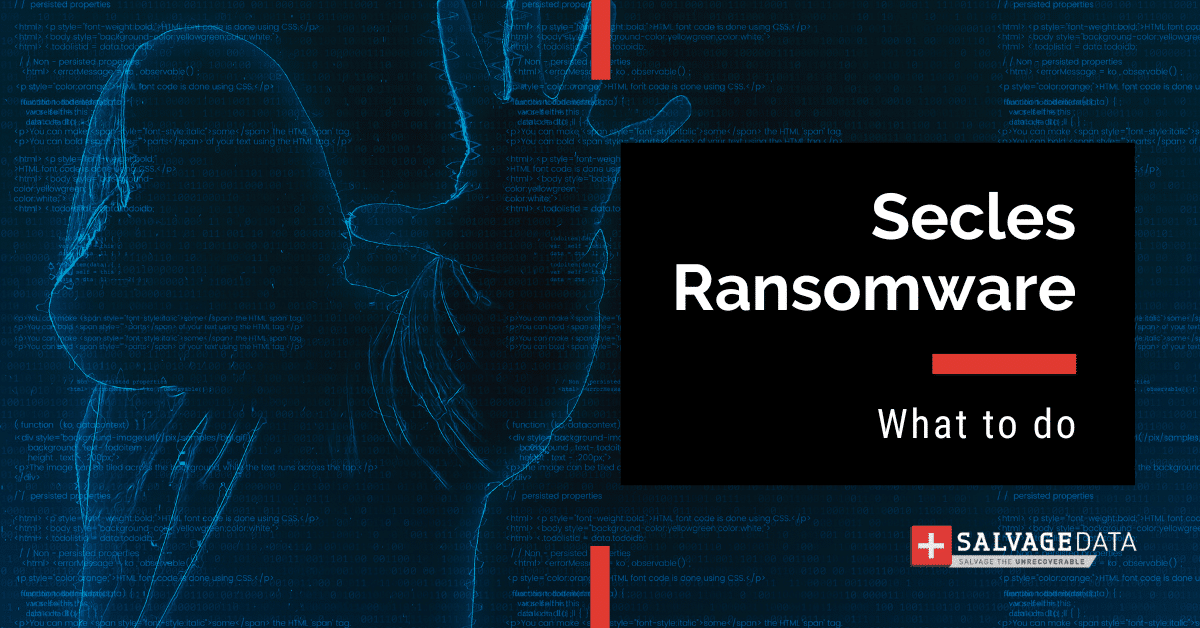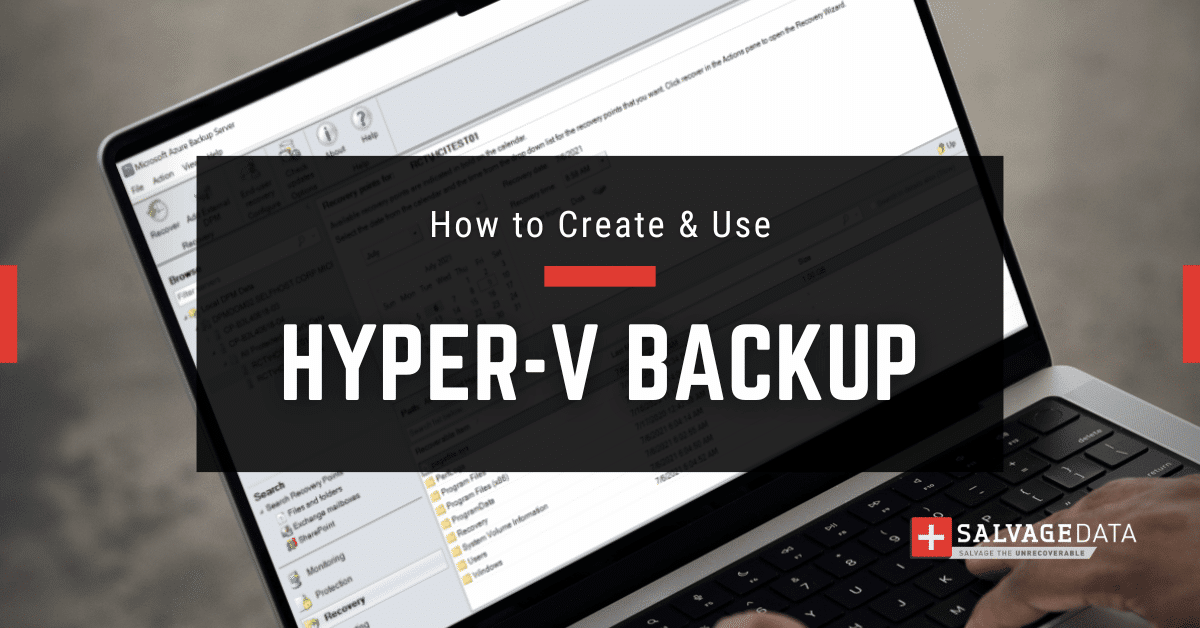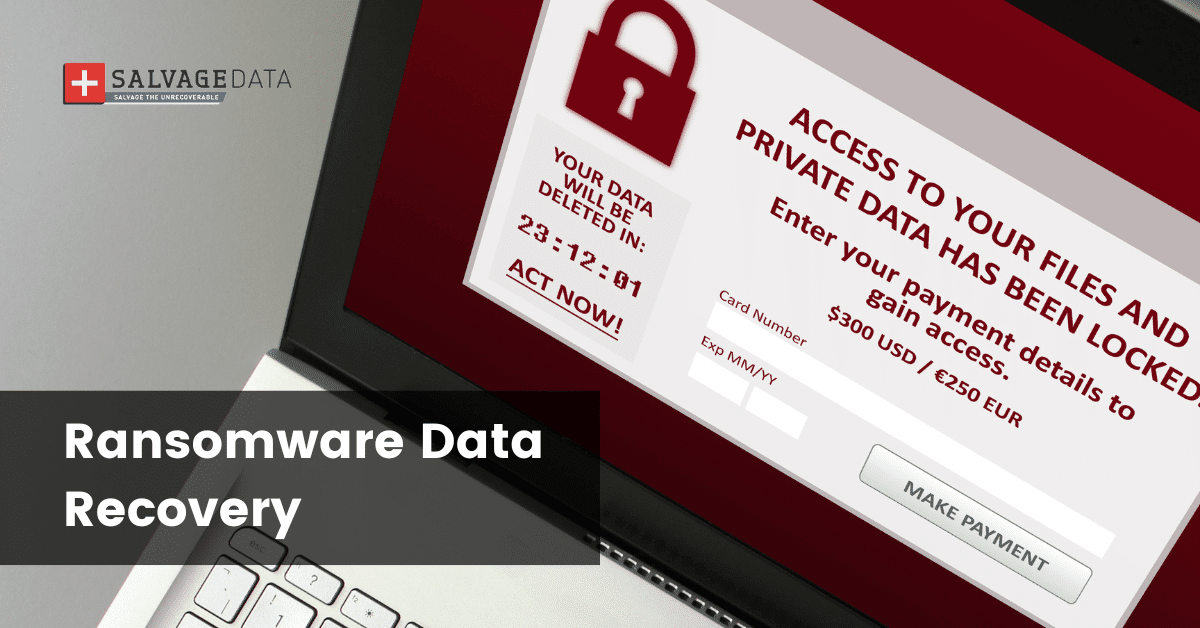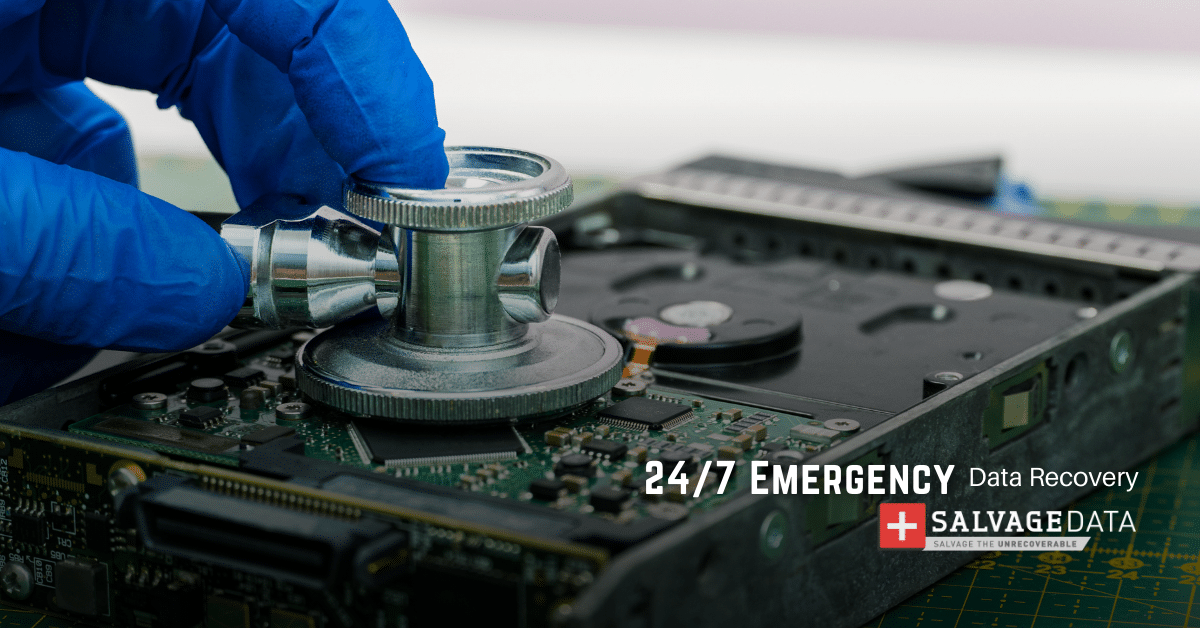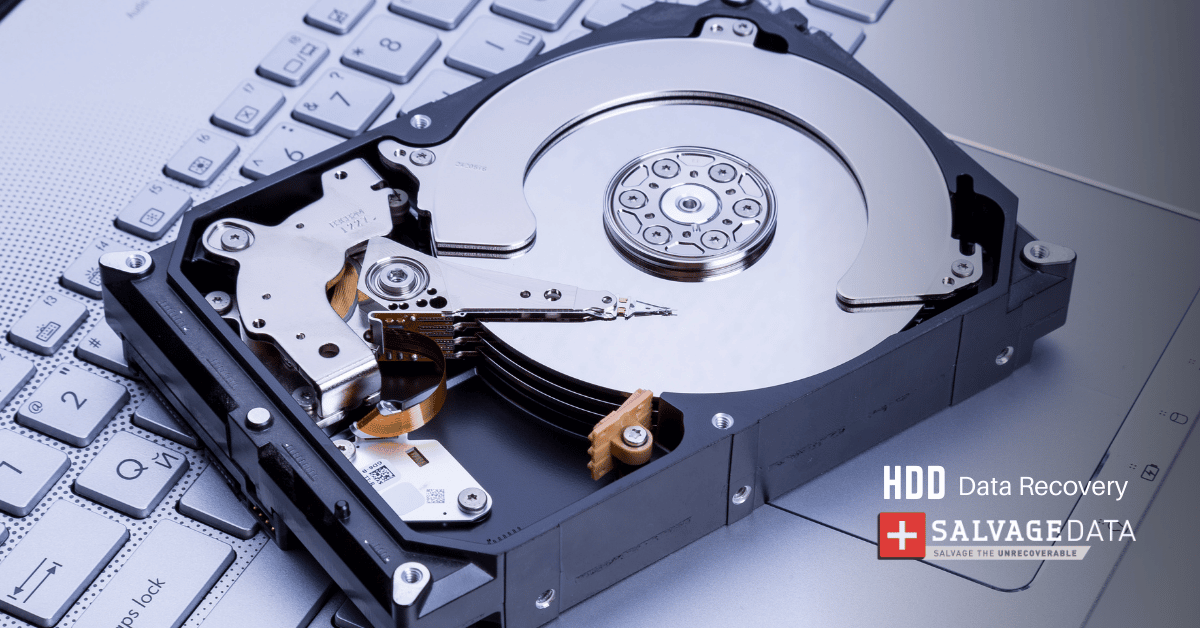Recent Articles
How To Recover Overwritten Files
The Snowflake Data Breach: A Comprehensive Overview
Mac Not Recognizing External Hard Drive: Quick Fix Solutions
How Multi-Cloud Backup Solutions Can Prevent Data Disasters
Capibara Ransomware: What is it & How to Remove
What Should a Company Do After a Data Breach: The Ticketmaster Incident
Secles Ransomware: Removal Guide
What To Do When Your Chromebook Freezes
How to Create Hyper-V Backup
What Is The Best Data Recovery Software For PC

I think there's an issue with my storage device, but I'm not sure Start a free evaluation →
I need help getting my data back right now Call now (800) 972-3282
What is DXXD Ransomware?
DXXD is a type of malware that encrypts files on your computer and demands a ransom to decrypt them. We also know DXXD Ransomware as crypto-malware or cryptovirus. DXXD uses strong encryption algorithms to encrypt your files.
Once your files are encrypted, you will not be able to access them without the decryption key.
DXXD Ransomware usually shows a ransom note with instructions on how to pay the ransom and decrypt your files. You should remove this ransomware as soon as possible from your computer.
How does DXXD Ransomware spread?
DXXD Ransomware usually spreads through phishing emails or infected websites. Attackers can also spread DXXD through malicious attachments or links in email messages. They can also spread this ransomware through peer-to-peer networks, malicious ads, and software vulnerabilities. DXXD is a serious malware that can cause great financial loss and damage to your computer.
What encryption methods does DXXD Ransomware use?
This ransomware uses strong encryption algorithms such as RSA-2048 and AES-256 to encrypt your files.
What types of files does DXXD Ransomware encrypt?
This ransomware encrypts most types of files on your computer such as documents, pictures, music, videos, and more. DXXD Ransomware will also encrypt files on any connected external hard drives or USB drives.
How much is the ransom?
The DXXD Ransomware will demand a ransom of 1 Bitcoin. Attackers will also give you a deadline to pay the ransom. If you don’t pay the ransom within the given time, the DXXD Ransomware will double the ransom amount.
Should you pay the DXXD Ransomware ransom?
You should not pay the DXXD Ransomware ransom. There is no guarantee that you will get the decryption key even if you pay the ransom.
History
This ransomware was first spotted in the wild in December 2016. DXXD Ransomware is a variant of Locky Ransomware. Attackers have used DXXD in several high-profile attacks, such as the WannaCry ransomware attack.
The biggest DXXD Ransomware attack happened in May 2017. The DXXD Ransomware encrypted more than 200, 000 computers in 150 countries.
How to prevent DXXD Ransomware?
To prevent DXXD, you should never open email attachments or click on links in email messages from an unknown sender. You should also never download or install programs from untrustworthy websites. You should always keep your security software up-to-date and run regular malware scans.
What are the symptoms of DXXD Ransomware infection?
The most common symptom of DXXD infection is the encryption of your files. DXXD Ransomware also adds a unique extension to each encrypted file. It usually shows a ransom note with instructions on how to pay the ransom and decrypt your files. DXXD Ransomware can also disable your security software and prevent you from accessing certain websites.
How to remove DXXD Ransomware?
Removing DXXD Ransomware manually can be very difficult and dangerous. DXXD Ransomware is a serious malware that can cause great financial loss and damage to your computer. The best way to remove DXXD Ransomware is to use an anti-malware program.
Is there a public DXXD Ransomware decryptor?
There is no DXXD Ransomware decryptor available at the moment.
Contact a data recovery service
If you have DXXD Ransomware on your computer, you should contact a data recovery service as soon as possible. Data recovery services can help you recover your encrypted files.
SalvageData is a critical data recovery service lab specializing in the salvaging of data/ files for individuals & businesses from hard disk drives, RAID arrays, NAS, SAN, USB flash, and other electronic data storage devices that have failed, or stopped working.
SalvageData experts are ready to help you 24/7, 365 days a year. Please call 1-800-388-1266 to speak with a data recovery specialist or submit a case online. With more than 40 offices in the United States, we are closer than you think. Click here to find the nearest location.

